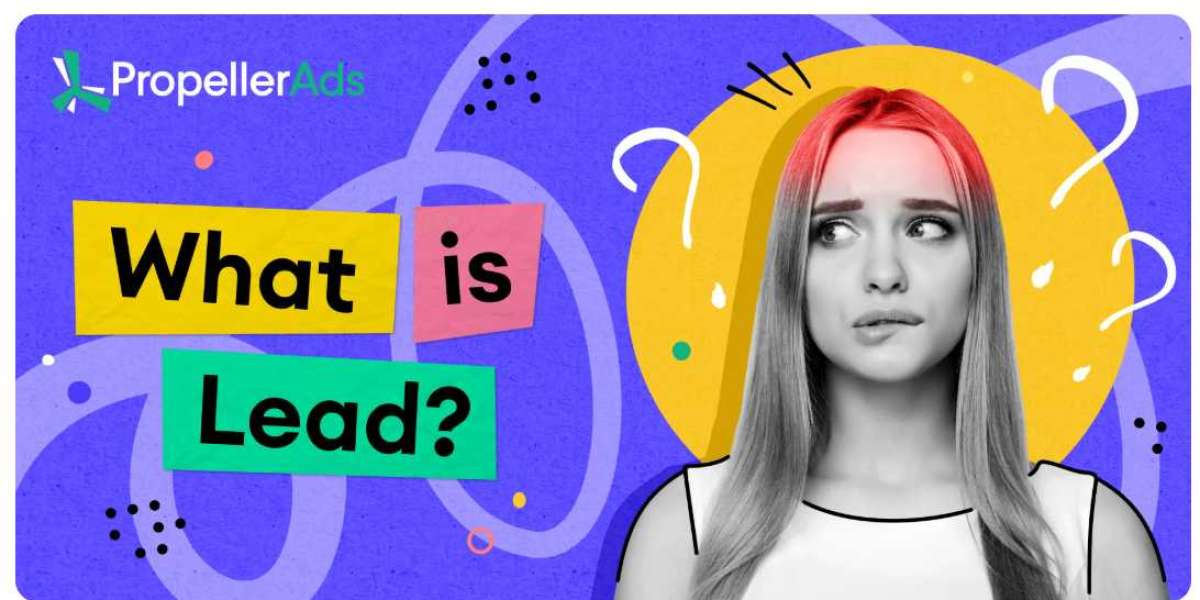In the ever-evolving world of marketing, the term “lead” is often thrown around. But what is lead in marketing, and why is it so important for businesses? Whether you're a startup founder, a digital marketer, or simply exploring how businesses grow, understanding what a lead is can make a significant difference in how you approach marketing and sales strategies.
Defining a Lead in Marketing
In the simplest terms, a lead in marketing refers to a person or organization that has shown interest in a company’s product or service. This interest can be expressed in various ways—filling out a contact form, subscribing to a newsletter, downloading a whitepaper, or requesting a product demo.
Leads are typically gathered through marketing efforts such as advertising, content marketing, email campaigns, social media engagement, and more. The ultimate goal is to convert these leads into paying customers through targeted communication and value-driven content.
Types of Leads
Not all leads are created equal. Based on their stage in the customer journey and level of engagement, leads can be categorized into:
Cold Leads: Individuals who have shown minimal or no interest in a product or service. They might be part of a broad email list or an audience reached through generic advertising.
Warm Leads: These leads have shown some level of interest, such as visiting a website or engaging with a social media post. They are more likely to convert than cold leads.
Hot Leads: These are potential customers who are highly interested and are likely close to making a purchase decision. They may have contacted sales directly or requested a quote.
Additionally, businesses often classify leads into:
Marketing Qualified Leads (MQLs): Prospects who have engaged with marketing materials and meet certain criteria to be considered ready for further engagement.
Sales Qualified Leads (SQLs): Prospects that the sales team considers ready for direct sales communication, often after more in-depth qualification.
How Are Leads Generated?
Lead generation is the process of attracting and converting strangers into leads. This is done through various marketing strategies, such as:
Content Marketing: Creating valuable blog posts, eBooks, and videos to educate and attract potential customers.
Email Campaigns: Sending targeted messages to nurture potential leads and guide them through the sales funnel.
Search Engine Optimization (SEO): Optimizing web content so that it ranks higher on search engines, attracting organic traffic.
Social Media Marketing: Engaging with users on platforms like Facebook, LinkedIn, and Instagram to build relationships and drive interest.
Pay-Per-Click Advertising (PPC): Using targeted ads to drive traffic to landing pages where visitors can convert into leads.
Why Are Leads Important in Marketing?
Leads are the lifeblood of any business looking to grow. Without leads, there are no potential customers to convert into sales. Here’s why they are crucial:
Sustainable Growth: A consistent flow of leads ensures steady revenue and growth over time.
Customer Insights: Leads provide data and feedback that help refine marketing strategies.
Efficiency: Targeted lead generation helps businesses focus on individuals most likely to become customers, improving ROI.
Sales Alignment: Understanding where a lead is in the buying process helps align marketing and sales efforts for better conversion rates.
Conclusion
So, what is a lead in marketing? It’s more than just a name or email address—it's a signal of interest, a potential relationship, and a critical step in the sales journey. By effectively generating, categorizing, and nurturing leads, businesses can create meaningful connections, drive conversions, and fuel long-term success. Whether you're new to marketing or a seasoned pro, mastering the concept of leads is essential for strategic and impactful growth.



